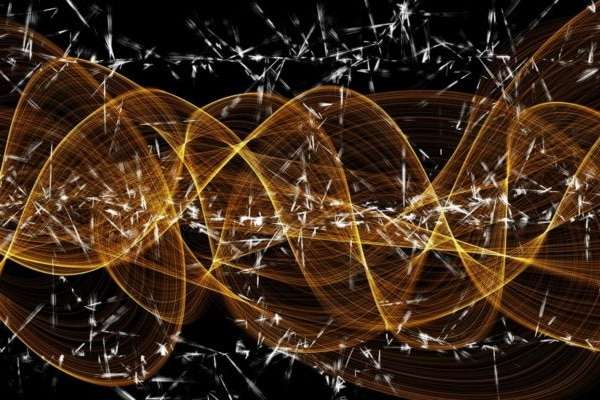Qì, a concept from Chinese and Japanese cultures, refers to a fundamental principle that shapes and animates the universe and life. Qì is at the origin of the universe and links beings and things together. We have here a quantum prniciple in which human beings are and possess qì, we are qì. It circulates within the body via meridians and is present in all manifestations of nature.
The notion of qì corresponds to the Greek notion of πνεῦμα / pneûma (“breath”), and in the same way to the notion of spirit (Latin “spiritus” , breath of life). It also corresponds to Indian concepts of prana (प्राण / prāṇa). With new technologies, many identify it with universal plasma or universal consciousness.
Qì gives form to the universe and to beings, while constantly transforming them. It circulates indifferently in things and beings, permanently linking them. In Chinese cosmogony, qì pre-exists the emergence of yin and yang, two aspects of this breath which, by combining with each other, will enable the formation of the “ten thousand beings”, i.e. the beings and objects of the universe.
This principle, never thought of as a divinity, places the human being within the same natural laws that govern the universe. In this spirit, the influence of qì organizes the veins of the human body as it organizes the veins of jade. The human being is thus thought of as a cosmos in miniature.
Where there’s life, there’s qì. When qì disappears from the body with the last breath, that’s death. The quality of health depends on the quantity and quality of qì in the body, and its fluid circulation throughout the body.
